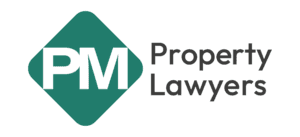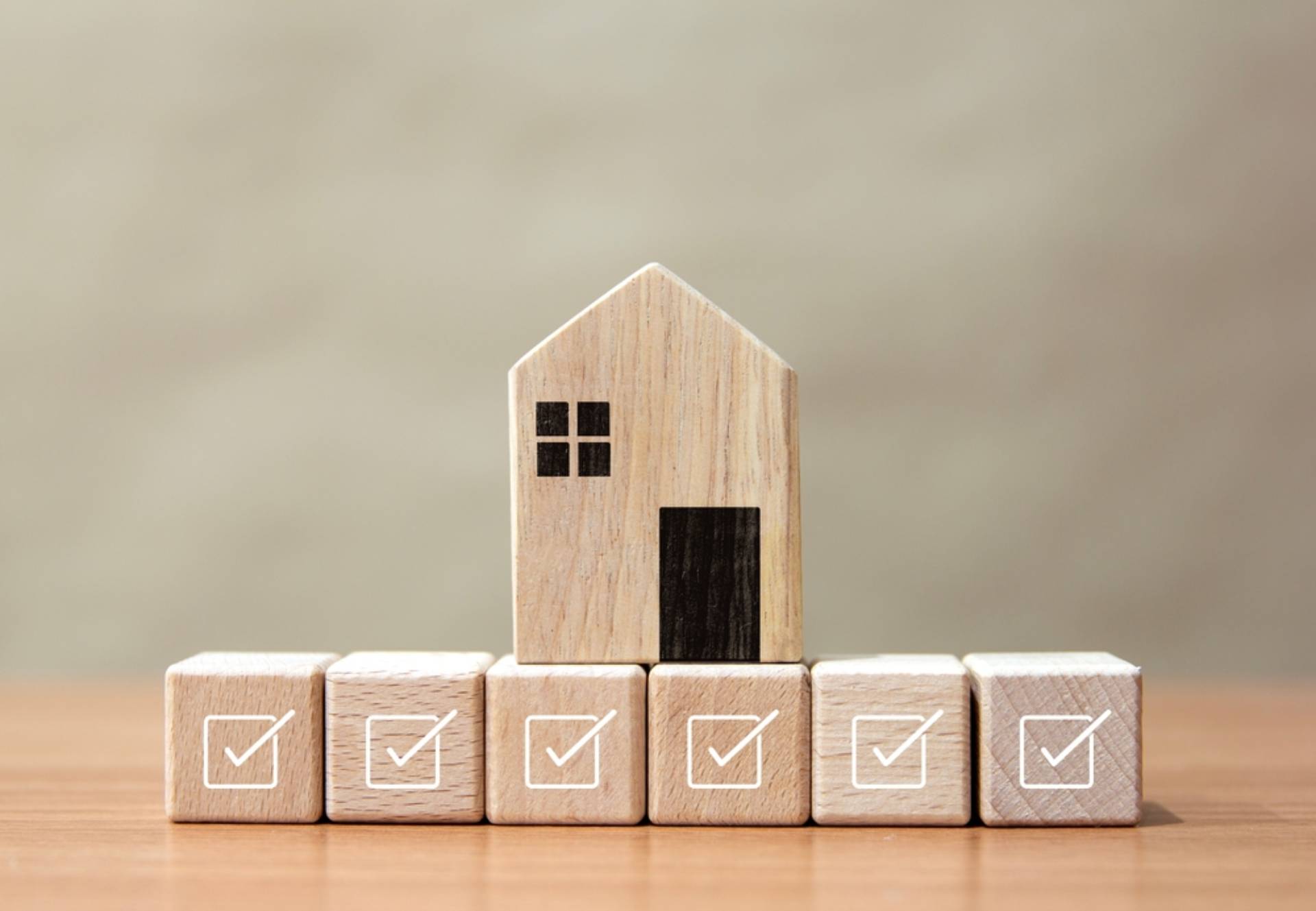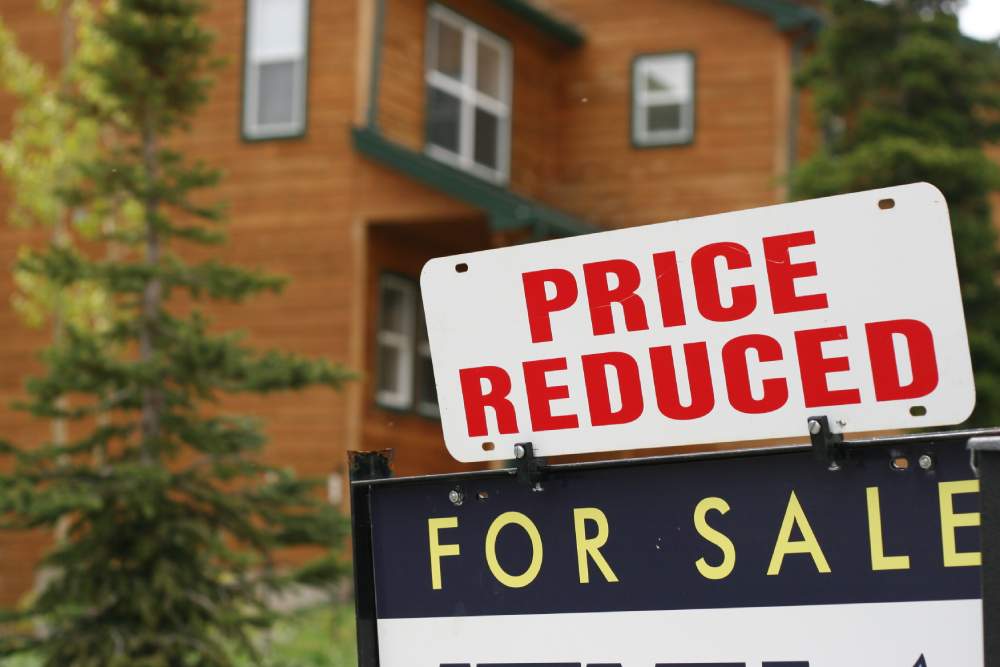It’s a term we’ll all come across in our lives, but what is conveyancing? Conveyancing is the term used to describe all of the legal and administrative work involved with transferring the ownership of land or buildings. For example, if you ever buy or sell a house – you’ll be part of the conveyancing process.
We’ll go into more detail about what conveyancing is, answering key questions on the topic to improve your understanding.
Who Does The Conveyancing?
A conveyancer is someone who’s responsible for guiding people through the process of buying or selling land or property. It’s an important role that’s very specialised as, although all conveyancers are solicitors, you have to gain additional qualifications to become a conveyancer. There are also Licensed Conveyancers who are even more specialised than conveyancing solicitors, but both are regulated by the Solicitors Regulation Authority.
With most property transactions you, as the buyer or seller, can appoint your own conveyancer. However, some mortgage lenders might stipulate that you use their conveyancer. Having a conveyancer to support you throughout the process can be massively beneficial and save you a lot of time and stress.
Why do I Need a Conveyancer?
You don’t necessarily need a conveyancer to help you with a property transaction, but there are many reasons why you would use one. However, if you’re buying a property with a mortgage, then you will need a professional to handle the various administrative duties involved. Here are some reasons why you need a conveyancer:
- The buying and selling process is stressful for most. It’s a long process that’s complicated in parts and involves a large amount of paperwork, including surveys, deeds and much more. A conveyancer will complete the necessary legal work and will be there throughout the entire process to answer your questions.
- A conveyancer will have a lot of experience with property transactions, meaning they’ll spot things that you might have missed. Things such as issues relating to property boundaries may not be easy to spot if you’re buying your first house, for example, but a conveyancer can identify these by looking at the plans of the property, preventing issues further down the line.
- Choosing the DIY conveyancing route also opens you up to being personally liable for any issues. Qualified conveyancers are protected by professional indemnity insurance, something that most members of the public won’t ever have. This means that, should you miss something crucial in the conveyancing process, you could even be sued by the other party’s solicitor. It’s always best to be safe rather than sorry.
How Much Does Conveyancing Cost?
There are a few factors that impact conveyancing costs. The value of the property and its complexity are the two main things that dictate how much conveyancing costs. You also have to consider the cost of disbursements that are separate to the standard conveyancing fees.
Take a look at how much conveyancing fees are with PM Property Lawyers for full transparency on the prices of our conveyancing service.





